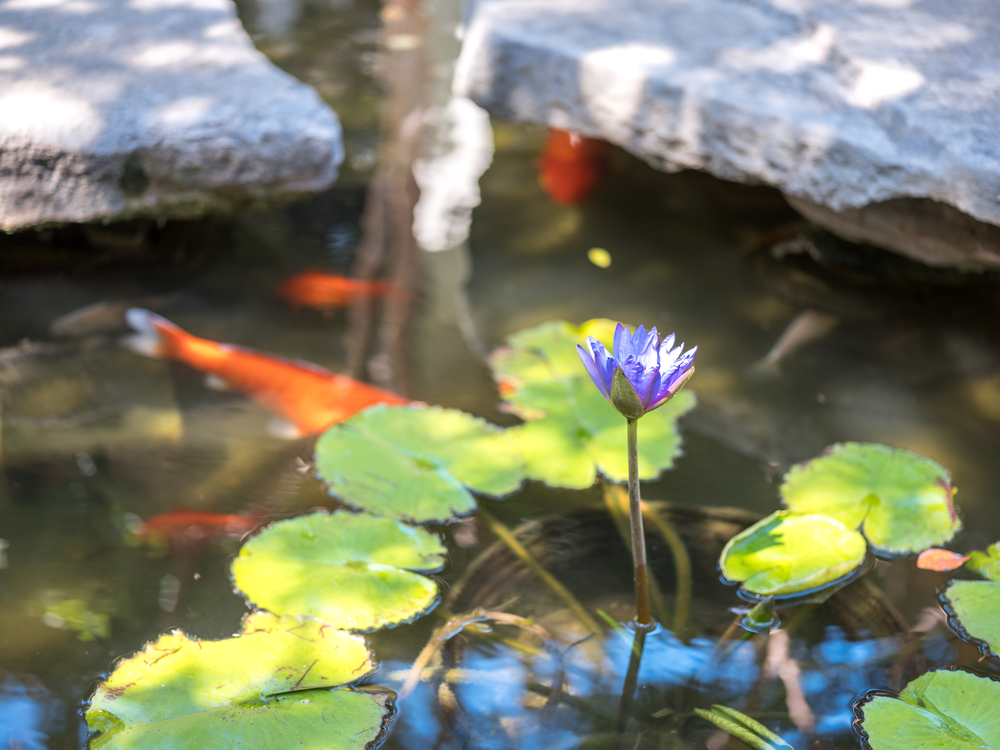
Ponds are not just serene bodies of water; they are dynamic ecosystems teeming with life. Aquatic plants play a crucial role in maintaining the health and balance of pond ecosystems, contributing to water quality, oxygenation, and habitat diversity. Understanding the importance of aquatic plants is essential for pond owners seeking to create and maintain a healthy and thriving environment for fish, wildlife, and aquatic organisms. In this comprehensive guide, we’ll explore the role of aquatic plants in pond health, highlighting their benefits and how they contribute to keeping your pond healthy for years to come.
Understanding Aquatic Plants
What are Aquatic Plants?
Aquatic plants are plants that grow wholly or partially submerged in water. They encompass a diverse range of species, including submerged plants, floating plants, and emergent plants, each adapted to different aquatic environments and conditions.
Importance of Aquatic Plants
Aquatic plants play several vital roles in pond ecosystems, including:
- Oxygenation: Aquatic plants produce oxygen through photosynthesis, helping to oxygenate the water and support fish and other aquatic life.
- Water Filtration: Aquatic plants act as natural filters, absorbing excess nutrients, pollutants, and organic matter from the water, improving water clarity and quality.
- Habitat and Shelter: Aquatic plants provide habitat and shelter for fish, invertebrates, and other aquatic organisms, offering refuge from predators and breeding grounds for spawning.
- Erosion Control: Aquatic plants help stabilize shorelines and prevent erosion by absorbing wave energy and reducing sediment runoff into the water.
The Benefits of Aquatic Plants in Pond Health
Nutrient Uptake and Filtration
Aquatic plants play a crucial role in nutrient uptake and filtration, absorbing nutrients such as nitrogen and phosphorus from the water column. By removing excess nutrients, aquatic plants help prevent algal blooms, water quality issues, and imbalances in the pond ecosystem.
Oxygenation and Aeration
Through photosynthesis, aquatic plants produce oxygen during the day, contributing to oxygenation and aeration of the water. This oxygenation is vital for supporting aerobic respiration in fish and other aquatic organisms and maintaining overall pond health.
Algae Control and Competition
Healthy aquatic plant populations can help control algae growth by competing for nutrients and shading the water surface, reducing light penetration and inhibiting algae growth. Maintaining a balanced ecosystem with a diverse mix of aquatic plants can help prevent algae problems and maintain water clarity.
Keeping Your Pond Healthy with Aquatic Plants
Selecting the Right Plants
When choosing aquatic plants for your pond, consider factors such as:
- Native Species: Select native aquatic plants adapted to your region’s climate, water conditions, and ecosystem.
- Diversity: Incorporate a variety of plant species, including submerged, floating, and emergent plants, to maximize habitat diversity and ecological benefits.
- Size and Growth Habit: Choose plants that are suited to the size and depth of your pond, ensuring proper coverage and distribution throughout the water column.
Proper Planting and Maintenance
Proper planting and maintenance practices are essential for ensuring the health and vitality of aquatic plants in your pond. Follow these guidelines:
- Planting Depth: Plant aquatic plants at the appropriate depth to accommodate their growth habit and ensure adequate sunlight exposure.
- Pruning and Thinning: Regularly prune and thin aquatic plants to prevent overgrowth, maintain a balanced ecosystem, and promote healthy growth.
- Nutrient Management: Monitor nutrient levels in the water and implement nutrient management strategies, such as reducing fertilizer runoff and controlling nutrient inputs, to prevent excessive plant growth and algae problems.
Conclusion
Aquatic plants play a vital role in maintaining the health and balance of pond ecosystems, contributing to water quality, oxygenation, habitat diversity, and overall ecosystem function. By understanding the importance of aquatic plants and implementing proper planting and maintenance practices, pond owners can create and maintain a healthy and thriving environment for fish, wildlife, and aquatic organisms. Whether you’re a novice pond enthusiast or experienced pond owner, incorporating aquatic plants into your pond design and management plan is essential for nurturing a vibrant and sustainable aquatic ecosystem for years to come.
